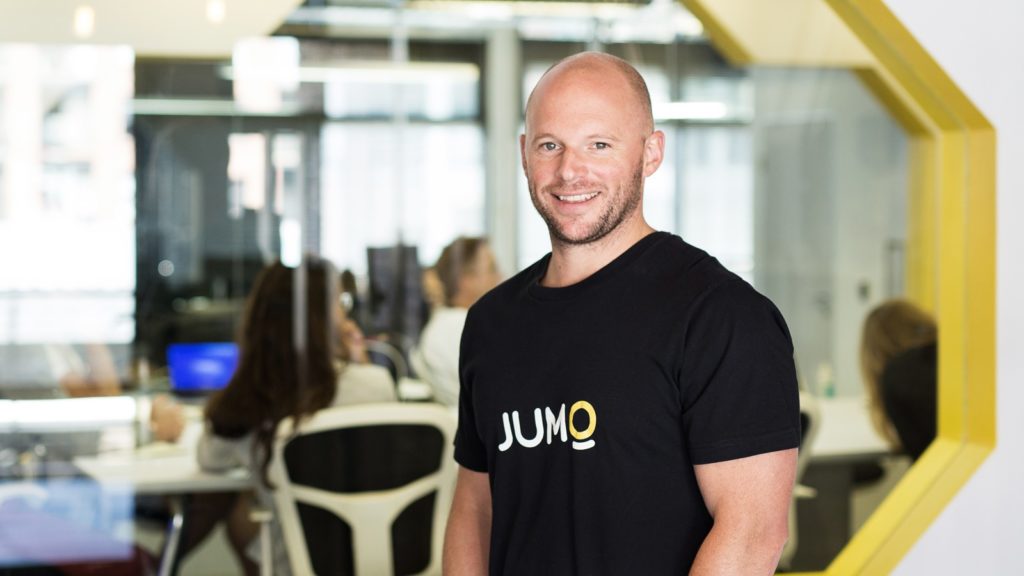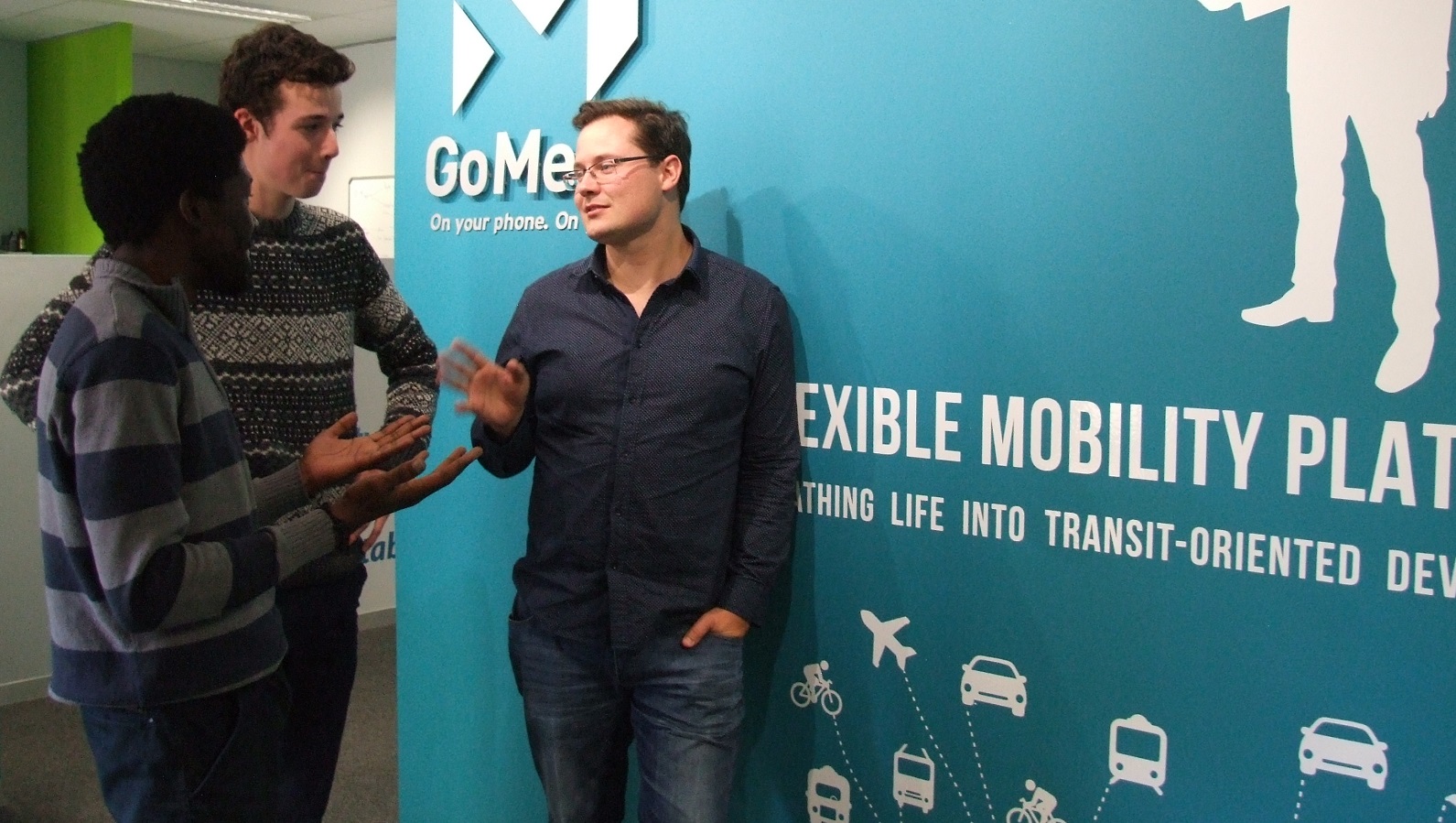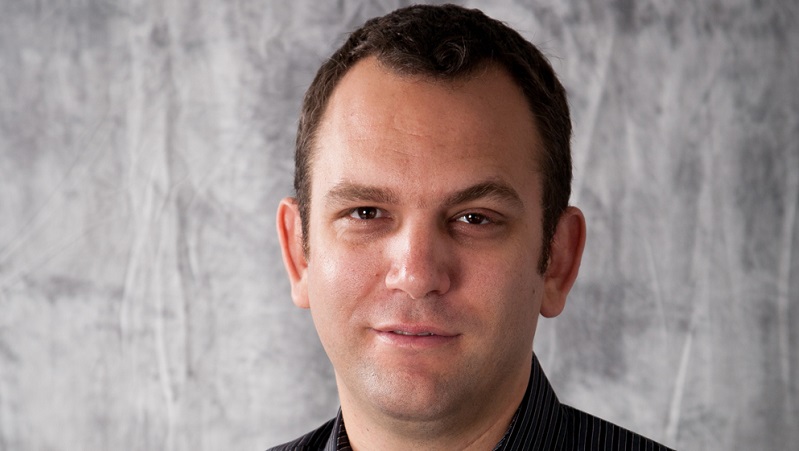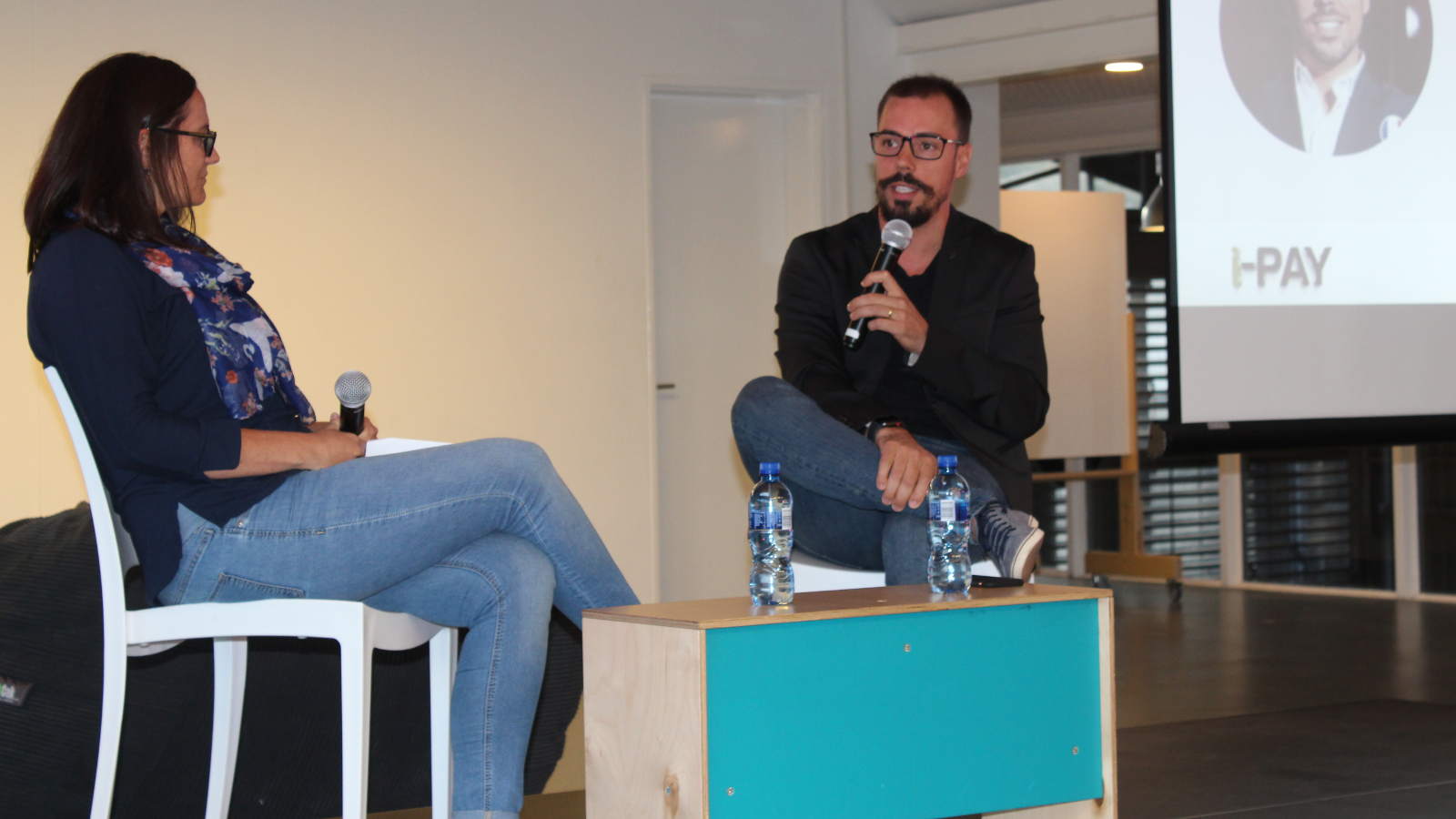Have you ever wondered how much easier travel has become, thanks to the digital innovations shaping our world? Exploring new destinations used to mean…
Five SA tech startups that are expanding into the rest of Africa [Updated]

South African tech startups are slowly waking up to the massive untapped market that is the rest of the continent.
If data from Ventureburn’s 2017 tech startup survey is anything to go by, an increasing percentage of tech startups are looking to Africa to market their new solutions.
In all 40% of the 260 SA tech startup founders Ventureburn surveyed in a 2017 tech startup survey listed Africa as their principal market, up from 13% in a 2015 Ventureburn survey which sampled 197 founders.
Ventureburn spoke to five SA startups to find out how their expansion to the rest off the continent is going and what some of the main challenges are of growing their firms in Africa.
JUMO
Fintech startup JUMO — founded in 2014 by Andrew Watkins-Ball — is already active in six African countries — South Africa, Ghana, Kenya, Rwanda, Tanzania and Zambia, as well as in Pakistan and Singapore.
The startup’s platform helps facilitates digital financial services such as credit and savings in emerging markets.
Watkins-Ball told Ventureburn in a call on 18 July that the startup is currently raising funding in a new round. He said six weeks ago the startup was able to close the first commitments to the round — from French development agency Proparco and Finnish development finance company Finnfund (which took part in a funding round last year — see this earlier story).
The remainder of the commitments would be closed once the necessary regularly process to do so is concluded, he added.
The startup presently has about 350 employees, said Watkins-Ball. He said about 200 of these are based at the Cape Town office, a further 100 in Nairobi office. Most of the the staff in these two offices are software engineers and data analysts.
The remainder is made up of those at the Singapore office and small teams of between one and four people that handle in each of the market the startup currently services that handle such things as regulatory issues, he said.
“Nairobi has incredible technical talent from the point of mobile money,” explained Watkins-Ball on the company’s decision to open an office there. The team had won GSMA’s Mobile Money Hackathon in 2016.
What about Nigeria then? With a slight laugh and not revealing too much, the JUMO founder said he had in fact been in the country “just last week”. The country, he said had “huge potential”. However he would not reveal when JUMO would be launching there.
His advice to other startup founders looking to expand into the continent is to spend enough time in the market you want to enter and ask enough questions.
“Don’t bring preconceptions or prejudices about what customers want. You need to be part of the local environment,” he said, adding that it takes alot of energy to get it right.
GoMetro
Cape Town mobility startup GoMetro — which was founded in 2011 by Justin Coetzee (pictured above, right) — has been shortlisted for projects in Ghana, Nigeria, Kenya, Rwanda and Tanzania.
“We were invited to MobilizeDar Summit 2018 (held last month in Dar es Salaam — Ed) — where we have found a lot of interest in our technology for Africa. So, African’s transport modernisation is something we are very keen to be part of for the next 10 to 15 years,” Coetzee told Ventureburn this month.
It follows the startup’s launch in May of a new self-service application for transport planners to better map and plan transport routes. The startup will partner with Italian company GMG Technology to help distribute the app in foreign markets (see the story here).
Quicket
James Tagg, the co-founder of SA events payments platform Quicket, says partnering with an already established team helped to avoid some of the more common pitfalls experienced by other South African businesses expanding into the continent.
The startup — which Tagg founded in 2011 with Michael Kennedy and James Hedley — is working with partners in Uganda who are operating Quicket on the ground there.
Tagg said his team in Kampala consists of six full-time and 21 part-time staff. “We began co-operating with them becoming Quicket’s representatives for the region in 2016. They are active on the ground there managing events on a UG domain www.quicket.co.ug,” he said.
These partners, he added, are running “meet and greets, local support, on-site services” at events using Quicket, ticket distribution in petrol stations, and an agent network selling tickets via EzeeMoney handheld terminals in East Africa.
The startup doesn’t yet have feet on the ground in Nigeria, but are in talks with potential partners in the country, he said.
“Our biggest challenges were more around the legal structure for co-operation, and in building a cohesive payment layer that brings together the myriad payment methods and channels available in the region,” he said.
Another challenge was that physical ticket distribution in East Africa is a far more popular mechanism of delivery than in South Africa where the market is used to digital fulfilment. “So, understanding that and taking steps to deliver on the logistics of that were initially also a challenge,” he said.
His advice for tech startups looking to expand into the continent is to “fully understand and embrace the nuances” of each market.
“I’d suggest looking into local infrastructure and seeing how you can dovetail your service offering into the existing infrastructure would be an easier way for startups to get operational quickly,” he said.
Snapplify
For Snapplify founder and CEO Wesley Lynch the biggest challenge the company has faced expanding in Africa has been trying to find trusted partners to work with, as well as establishing relationships at a governmental level. “Collaboration is critical for growth, so this is an especially important focus for us,” he added.
Lynch founded Snapplify, which provides eBooks, in 2011. The company has offices in Cape Town to Johannesburg and Nairobi, and has also established a staff presence in Europe. In 2015 the company received funding from AngelHub Ventures helped drive expansion into new markets in the continent.
He said the company has had an office in Nairobi for two years now, and is currently in the process of expanding that team.
In 2016 local news site Bizcommunity reported that it had seen massive growth over the last 18 months — expanding their offices across the African continent from Cape Town to Johannesburg and Nairobi, as well as establishing a staff presence in Europe.
The company is also working in Zimbabwe, Botswana, Namibia, Nigeria, Zambia and Mauritius.
“We’ve engaged with key stakeholders in all of these regions, and have established traction in Namibia and Botswana. We’re working in all of these regions to some degree, and have partners in most of these.
“A key partnership we’re imminently announcing is with Econet, who we’ll be collaborating with closely in these markets,” Lynch told Ventureburn.
i-Pay
Fintech startup i-Pay currently operates in Nigeria and South Africa. The Johannesburg-based startup’s electronic fund transfer (EFT) processing system automates EFT transactions and allows users to make instant, secure payments.
In November last year the startup announced that it had secured a R10-million investment from venture capital (VC) firm and registered 12J VC fund Kalon Venture Partners.
In March i-Pay founder Thomas Pays said the startup plans to also enter Kenya, Ghana, and Namibia. “As much as we have got ambition in scaling in Europe, it doesn’t mean that we are forgetting Africa. This is our continent, this is where we started,” he said.
Pays claims that in South Africa alone, i-Pay has in excess of 1.5-million users and supports six merchant banks. “We have been generating great returns and want to further position ourselves in the local market and across Africa,” he said in March.
Ventureburn contacted i-Pay. Pays was travelling at the time and the startup’s CTIO declined to comment, saying that the company is still “in the process of dealing with some of the challenges that comes with expansion and not comfortable with commenting on them at the moment”.
*Editor’s note (18 July 2018): We added comments from JUMO founder Andrew Watkins-Ball, following a call he had with the publication from London today.






